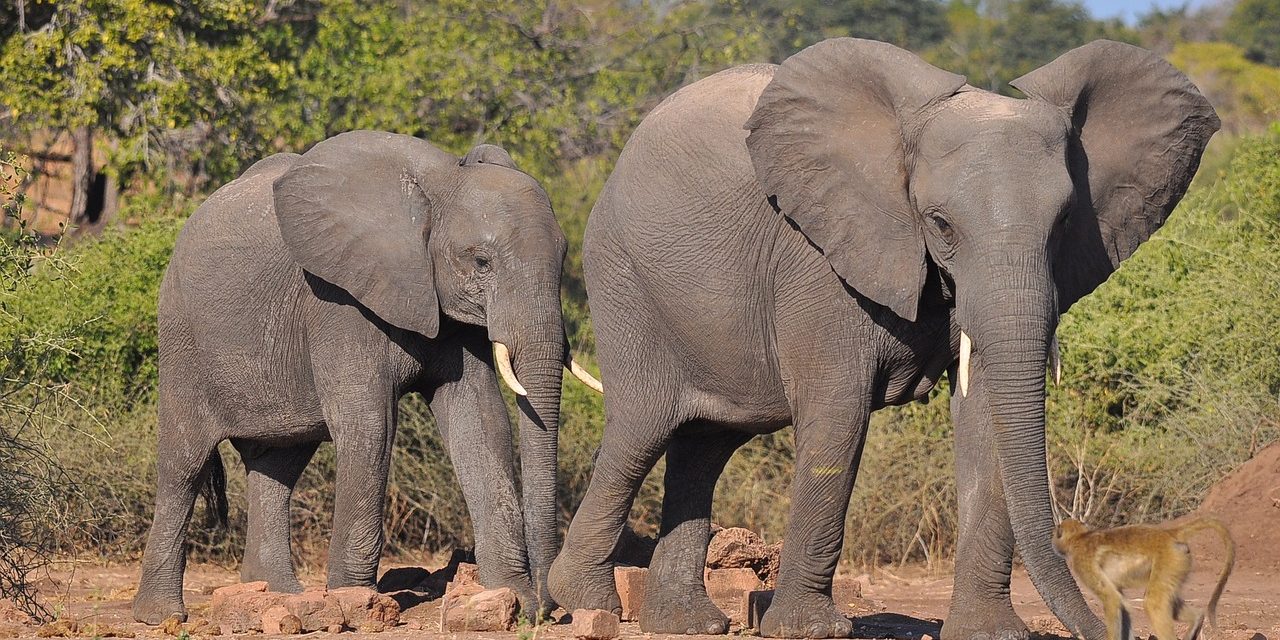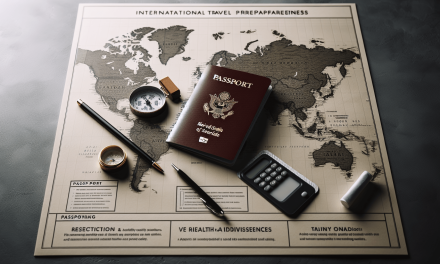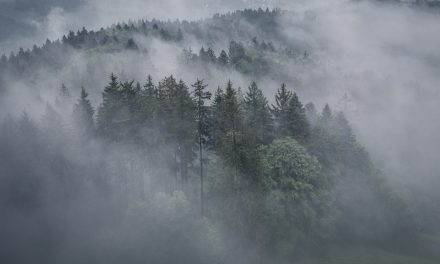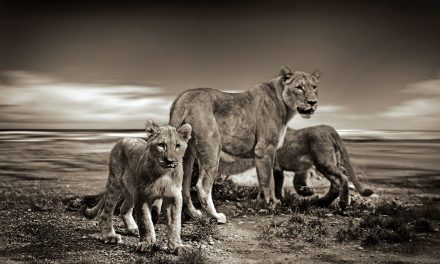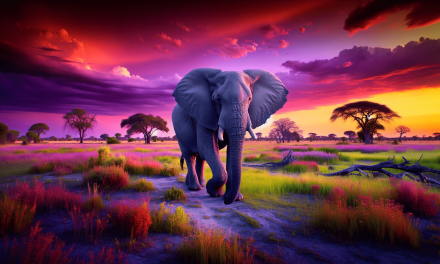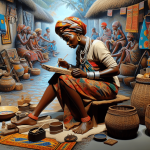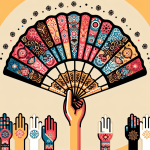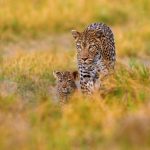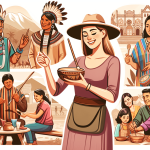So you’re thinking about traveling to Botswana, huh? Well, you’re not alone in your curiosity. With its stunning landscapes, diverse wildlife, and rich cultural heritage, Botswana has become an increasingly popular destination for adventurous globetrotters. But before you pack your bags and hop on a plane, you might be wondering, is it safe to travel to Botswana? In this article, we’ll explore the safety measures in place, the political stability of the country, and any potential risks you should be aware of, so you can make an informed decision about your travel plans.
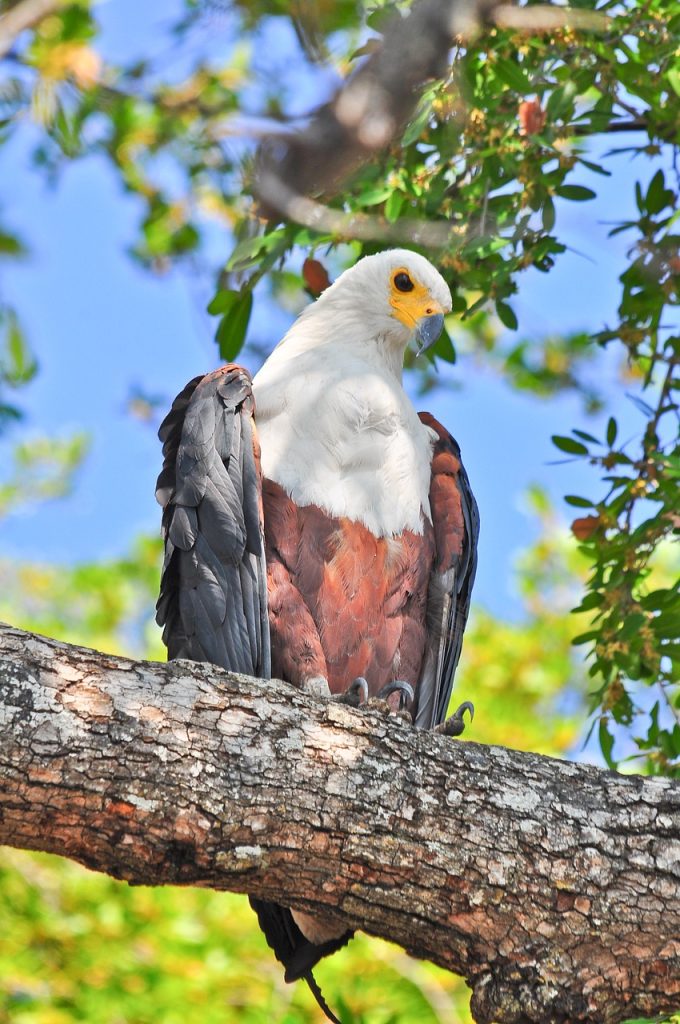
Political Stability
Government and Political Situation
Botswana has a stable political system with a multi-party democracy. The country’s government is known for its commitment to upholding democratic principles and maintaining a peaceful environment. The Botswana Democratic Party has been in power since the country gained independence in 1966 and has a strong track record of good governance.
Crime Rates and Violence
Botswana has a relatively low crime rate compared to many other countries in the region. The government has implemented effective law enforcement strategies, which have contributed to maintaining a safe environment for both residents and tourists. However, it is important to exercise caution, especially in urban areas, and take normal safety precautions such as avoiding walking alone at night and keeping valuable possessions secure.
Terrorist Threats
Botswana has not experienced any significant terrorist threats in recent years. The government maintains strict border controls and cooperates with international partners to ensure the safety and security of its citizens and visitors. However, it is always advisable to stay informed about travel advisories and follow the guidance of local authorities during your stay.
Health and Safety
Medical Infrastructure
Botswana has a reasonably well-developed healthcare system, particularly in urban areas. Public hospitals and clinics provide basic medical services, and there are private clinics and hospitals offering more specialized care. However, medical facilities, especially in rural areas, may be limited, so it is recommended to have travel insurance that covers medical expenses and evacuation if necessary.
Health Risks
Botswana is generally a low-risk destination in terms of major health risks. However, it is advisable to check with your healthcare provider or travel clinic for up-to-date information on required vaccinations. Malaria is prevalent in some regions, so taking anti-malarial medication and using mosquito repellent is essential when visiting these areas. It is also important to observe basic hygiene practices such as drinking bottled water and washing hands regularly to avoid common illnesses.
Natural Disasters
Botswana is relatively safe from natural disasters, such as earthquakes and hurricanes. However, the country is prone to occasional floods and droughts, particularly in the northern parts of the country. It is advisable to stay informed about weather conditions and follow any instructions or warnings issued by local authorities.
Security and Personal Safety
National Parks and Wildlife
Botswana is renowned for its diverse wildlife and is home to several national parks and game reserves. While these areas offer incredible opportunities for wildlife encounters and safaris, it is important to be cautious and follow the guidance of experienced guides. Maintain a safe distance from animals, do not approach them on foot, and avoid any interactions that could potentially disturb their natural behavior.
Road Safety
Driving in Botswana can be a pleasant and safe experience, especially on main roads. However, it is important to remain vigilant and mindful of road conditions, especially in rural areas. Some roads may be poorly maintained, and wildlife may occasionally wander onto the road, so it is advisable to drive cautiously and avoid driving at night whenever possible.
Public Transportation
Public transportation options in Botswana are limited, particularly in rural areas. Buses and minibuses, known as combis, operate in urban areas, but they may not always be reliable or adhere to strict safety standards. It is recommended to use reputable taxi services or hire a car with a reliable driver for transportation within the country.
Scams and Petty Crime
While Botswana generally has a low crime rate, petty crimes such as pickpocketing and thefts can occur, particularly in crowded areas and tourist destinations. It is advisable to be cautious of your surroundings, keep valuable belongings secure, and avoid displaying signs of wealth in public. Additionally, be wary of scams, such as those involving fake tour operators or street vendors selling counterfeit goods.
Travel Advisory and Insurance
Government Travel Advice
Before traveling to Botswana, it is recommended to check the travel advisories issued by your respective government. These advisories provide up-to-date information on safety and security conditions in the country and offer guidance on any potential risks or warnings.
Travel Insurance
It is highly advisable to have travel insurance that covers medical expenses, trip cancellations, and personal belongings. Ensure that your insurance policy also provides coverage for any adventurous activities you may want to undertake, such as safaris or wildlife encounters.
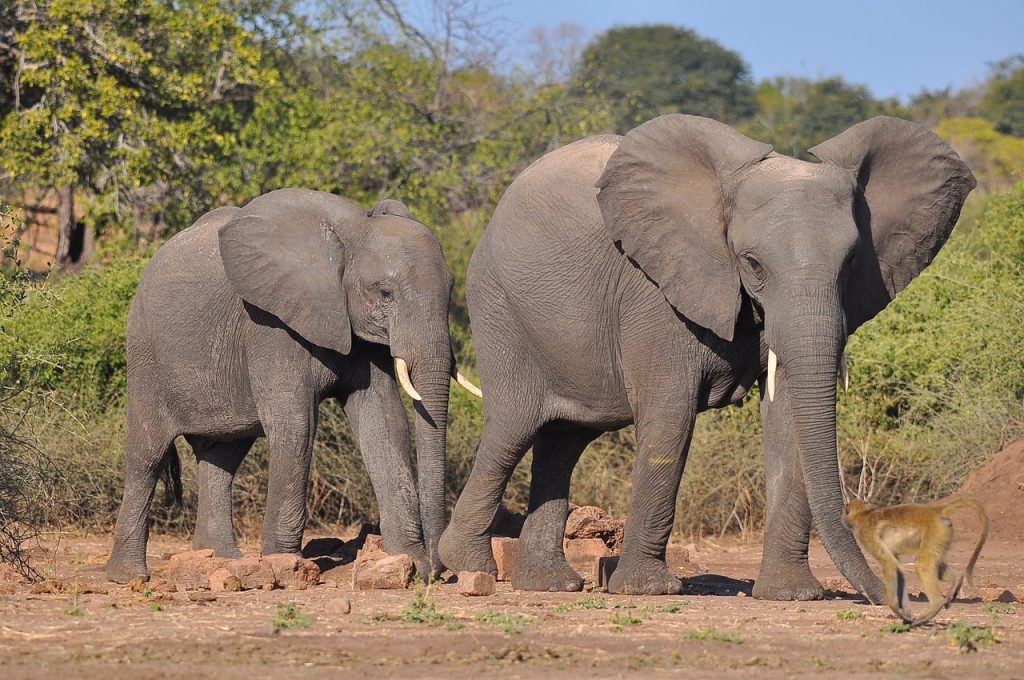
Visa Requirements and Immigration
Visa Types
Botswana offers different types of visas depending on the purpose and duration of your visit. Visitors from most countries, including the United States, the United Kingdom, and many European nations, can obtain a visa on arrival. These visas allow for a stay of up to 90 days for tourism or business purposes. It is important to check the specific requirements for your country of citizenship before traveling.
Entry Requirements
To enter Botswana, a valid passport with at least six months’ validity is required. Visitors may also be asked to provide proof of return or onward travel, as well as evidence of sufficient funds to cover their stay. It is recommended to check the latest entry requirements from the Embassy or Consulate of Botswana before your trip.
Accommodation and Infrastructure
Accommodation Options
Botswana offers a range of accommodation options to suit different budgets and preferences. From luxury lodges and camps in national parks to budget-friendly guesthouses and hotels in urban areas, there is something for every traveler. It is advisable to book your accommodation in advance, especially during peak travel seasons, to ensure availability.
Transportation
Getting around Botswana can be done via domestic flights, rental cars, or organized tours. Domestic flights are a convenient option for reaching remote areas, such as the Okavango Delta, while rental cars offer flexibility and freedom to explore at your own pace. Organized tours and transfers are also available, particularly for wildlife safaris and transfers between lodges.
Communication
Botswana has a well-established telecommunications network, and most urban areas have good mobile phone coverage. Internet access is also widely available, with many hotels and lodges offering Wi-Fi connections. However, in rural or remote areas, connectivity may be limited. It is advisable to purchase a local SIM card or use roaming services from your home country if you need continuous access to communication services.
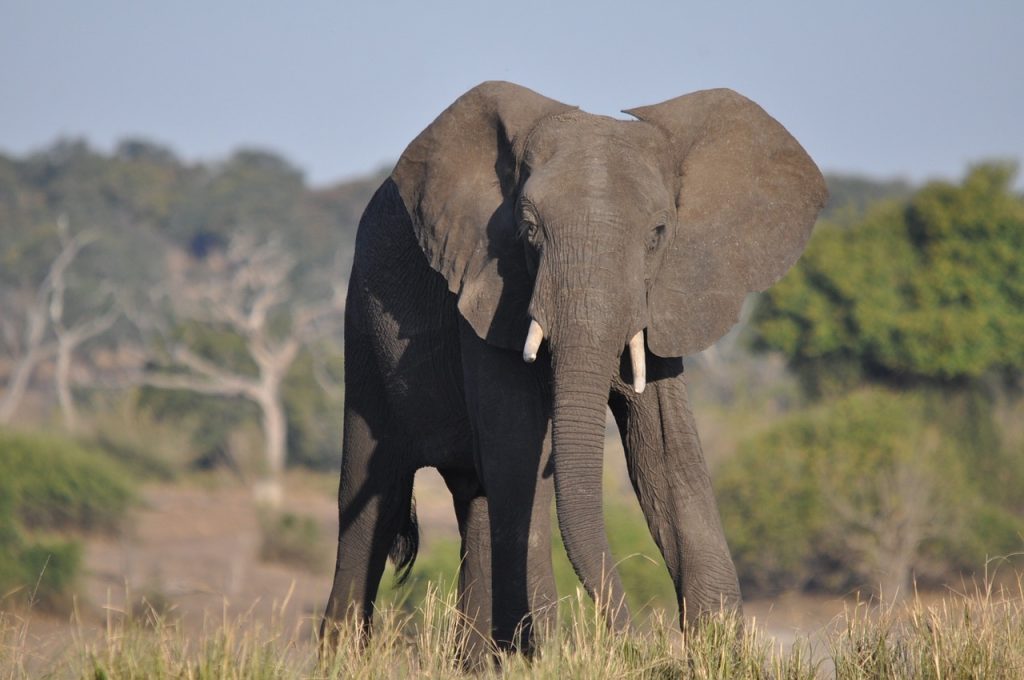
Cultural Considerations
Respect for Traditions
Botswana has a rich cultural heritage, and it is important to respect and appreciate local traditions and customs. When visiting villages or interacting with local communities, it is polite to dress modestly and seek permission before taking photographs. Learning a few basic greetings or phrases in the local language, Setswana, can also go a long way in showing respect and fostering positive interactions.
Social Etiquette
Botswana is known for its warm and friendly people, and social interactions tend to be polite and formal. Handshakes are common when greeting someone, and it is considered respectful to address individuals using their titles or surnames until invited to use their first name. It is advisable to avoid discussing sensitive topics such as politics, religion, or tribal affiliations unless in an appropriate setting and with people you know well.
Wildlife Encounters
Safari Safety
Going on a safari is a highlight of many trips to Botswana, offering opportunities to see iconic African wildlife up close. To ensure a safe and enjoyable experience, it is important to follow the guidance of experienced guides and rangers. Listen to their instructions regarding maintaining a safe distance from animals and never attempt to approach or touch them.
Interactions with Animals
While encountering wildlife is an unforgettable experience, it is essential to remember that these are wild animals and should be treated with respect. Do not feed or provoke them, as this can disrupt their natural behavior and put both you and the animals at risk. Always observe animals from a safe distance and remain inside vehicles or designated viewing areas during game drives or walking safaris.
Popular Tourist Destinations
Okavango Delta
The Okavango Delta is a unique and remarkable ecosystem, drawing visitors from around the world. Here, you can explore the vast network of channels, lagoons, and islands by traditional mokoro canoes or on guided boat safaris. The Delta is known for its abundant wildlife, including elephants, hippos, and a variety of bird species, making it a must-visit destination for nature lovers and wildlife enthusiasts.
Chobe National Park
Chobe National Park is renowned for its large elephant herds, offering incredible opportunities for wildlife sightings. Take a boat cruise along the Chobe River to witness elephants bathing and crossing the river, while also having the chance to spot other animals such as giraffes, buffalos, and lions. The park also offers game drives where you can explore its diverse landscapes and spot a variety of wildlife.
Makgadikgadi Pans
The Makgadikgadi Pans are a series of vast salt flats that encompass one of the world’s largest salt pans. Here, you can witness the breathtaking scenery and enjoy unique experiences such as quad biking across the shimmering white surface or visiting meerkat colonies. The pans are also home to the annual zebra and wildebeest migration, offering a truly unforgettable spectacle.
Moremi Game Reserve
Located within the Okavango Delta, Moremi Game Reserve is a haven for wildlife enthusiasts. With its diverse habitats, including grasslands, floodplains, and forests, the reserve provides excellent game viewing opportunities. Explore the reserve on a game drive or a guided walking safari, and you may have the chance to spot iconic African species such as lions, leopards, and African wild dogs.
Conclusion
Botswana offers a safe and rewarding travel experience, with its stable political system, low crime rates, and well-developed infrastructure. Visitors can explore its diverse wildlife, stunning landscapes, and vibrant culture while enjoying opportunities for adventure and relaxation. By following normal safety precautions and respecting local customs, you can have a memorable and enjoyable trip to this remarkable African destination.

